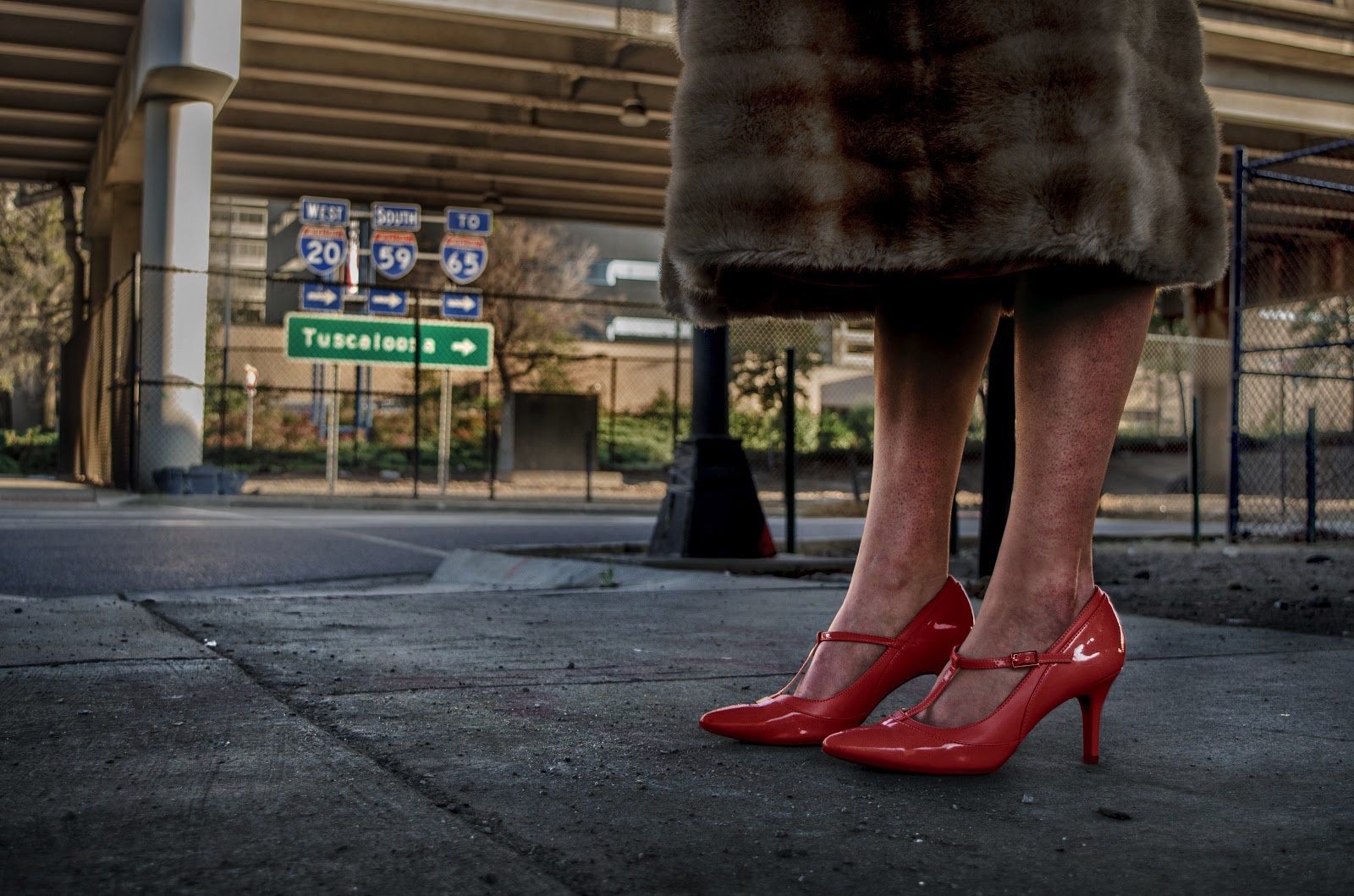
Off Interstates 20 and 65, human traffickers and their “traffickees” move quietly and inconspicuously from city to city, many of them traversing hundreds of miles of asphalt each day. Photo by Ian Keel/Photo Editor
Wallace Golding
Community Editor
More than 150 years after President Abraham Lincoln’s delivery of the Emancipation Proclamation, a modern-day form of slavery still plagues our nation, directly affecting Birmingham and central Alabama.
Human trafficking, specifically sex trafficking and prostitution, is the second largest form of organized crime in the United States, falling shortly behind the illicit drug trade. The industry is estimated to accrue its affiliates nearly $32 billion this year in the U.S. alone and more than $110 billion worldwide.
Here at home, amidst the bustle of Interstates 20 and 65, human traffickers and their “trafickees” move quietly and inconspicuously from city to city, many of them traversing hundreds of miles of asphalt each day. Birmingham is the perfect storm for this industry: a large population, a wide-ranging interstate highway system and a close proximity to Atlanta, a city that consistently ranks in the top five for the trade. These factors contribute to why Birmingham sees such a large presence of trafficking within its city limits.
There are generally two schools of thought regarding the best way to eliminate the sex trafficking industry: one being an abolitionist approach that outlaws the industry entirely and the other being a call to legalize it.
Both approaches have their advantages and disadvantages, but the truth is that neither of them are plausible enough to totally end this slavery. At least that is what Rob Blanton, Ph.D., a professor in the UAB Department of Government and a scholar in the fields of human rights and trafficking, believes.
“Abolitionism will never work, and legalization will only work if it is perfectly implemented,” Blanton said. “There is no clear cut solution. It really is what will be the least bad option.”
Alabama was the 39th state to officially outlaw trafficking with the passage of a bill in 2010. The state also passed the Safe Harbor Act in May 2016, which prohibits courts from prosecuting minors engaged in sex trafficking, instead making state officials go after those responsible for the minor’s enslavement as well as those soliciting the minor. Additionally, the law carries harsher penalties for those soliciting prostitution, upgrading fines to $500 for each offense and reclassifying the third offense as a class C felony. Conviction after the third offense can lead to two to twenty years imprisonment in addition to a fine up to $5,000.
These laws, however, have a few issues as far as funding is concerned.
“No reasonable person would dispute the need for this type of legislation, but they are incredibly expensive to enforce,” Blanton said. “Here, you run into state-funding issues. We have to move money from something else, like education or health, to fund the enforcement of these laws.”
For example, Alabama has generally neglected supporting victims of sex trafficking after their rescue, and it has fallen on non-profit organizations to bear to bulk of the burden. More often than not, these nonprofits are also faith-based organizations.
Their classifications as such is much more conducive to immediate effects given that there are fewer strings attached than if the state government were to intervene.
One such organization, The WellHouse, is located immediately off I-20 in Leeds and offers a refuge for human trafficking victims. The organization works closely with the FBI and local law enforcement to maintain a crisis line for trafficking victims 24-hours-a-day and they have rescued victims in 25 states.
“The restoration process, the healing process can take a lifetime,” said, Ashley Anderson, the organization’s development director, spoke directly to their role in the recovery of victims. “We can help them with job skills, life skills, schooling, but the important part is therapy and counseling. They stay with us while they recover, and we aid that recovery.”
Both empirical evidence and victim accounts suggest that becoming a victim has more to do with vulnerability than a specific socioeconomic background.
“This is not only the poverty stricken,” Anderson said. “It’s very much the women who are most vulnerable whether that be the girl who suffered years of childhood sexual abuse or one that has been in foster care.”
Blanton echoed this sentiment. He also catered to the female pronoun when discussing trafficking victims.
“Runaways, members of the LGBTQ community, drug addicts, undocumented immigrants all are target victims for sex trafficking,” Blanton said. “They are the most vulnerable and the most susceptible.”
Even with increased awareness of victims and the industry, however, many states, like Alabama, have been slow to implement strategies to combat the issue. Currently, the Hoover Police Department is the only agency in Alabama to report trafficking and prostitution statistics to the FBI. When compared to states like Tennessee, where every major department reports this data, the juxtaposing viewpoints regarding the severity of the problem become apparent.
Anderson attributes this to stigmas surrounding the prostitution industry.
“I don’t think it’s complete ignorance anymore,” Anderson said. “They know it exists. What we need to do is educate that, for many, becoming a prostitute or a sex slave is not a choice. No one says they want to grow up and do that. We have to stop turning a blind eye.”
Wallace Golding can be reached at wsgoldin@uab.edu and on Twitter @WGolding_4.
